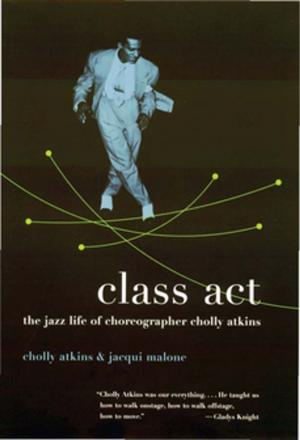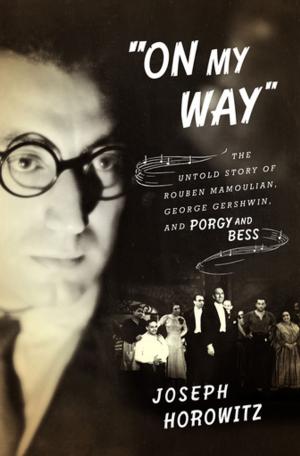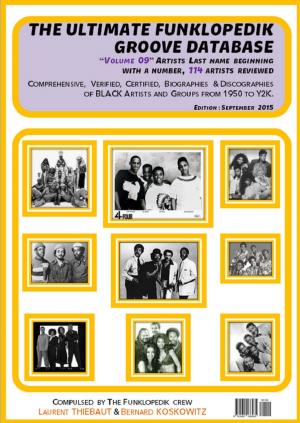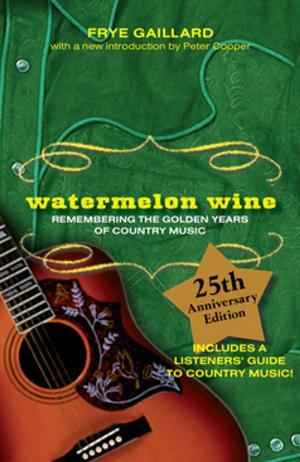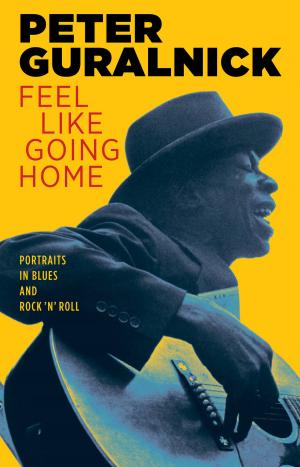Ronnie Lane: Can You Show Me A Dream
Nonfiction, Entertainment, Music, Pop & Rock, Rock, Music Styles| Author: | John Hellier, Paolo Hewitt | ISBN: | 9781370014880 |
| Publisher: | Griffiths Publishing | Publication: | December 16, 2017 |
| Imprint: | Smashwords Edition | Language: | English |
| Author: | John Hellier, Paolo Hewitt |
| ISBN: | 9781370014880 |
| Publisher: | Griffiths Publishing |
| Publication: | December 16, 2017 |
| Imprint: | Smashwords Edition |
| Language: | English |
Ronald Frederick “Ronnie” Lane was an English musician, songwriter, and producer who is best known as the bass guitarist and founding member of two prominent English rock and roll bands: the Small Faces where he was nicknamed “Plonk” and after losing the band’s frontman, the Faces, who dubbed him “Three-Piece”.
Lane was born in Plaistow a working class area in the East End of London, to Elsie Lane and Stanley Lane, a truck driver. Lane later described his father as a “saint”, who would work a long work day, and then return home to nurse his wife and two sons, all of whom were diagnosed with M.S. at differing points in their lives.
After leaving school at the age of sixteen, Lane met Kenney Jones at a local pub, and they formed a group they named The Outcasts. Initially playing lead guitar, Lane quickly switched to bass. When shopping for a Harmony bass guitar, Lane visited the J60 Music Bar in Manor Park, London, where he met Steve Marriott, who was working there. Lane and Marriott set out to form a band, recruiting friends Kenney Jones and Jimmy Winston, who switched from guitar to organ. The Small Faces consisted of Lane on bass guitar, Marriott as guitarist and lead vocalist, Kenney Jones as drummer, and Winston on keyboards. They made their debut in 1965, with Ian McLagan replacing Winston in November 1965. Lane and Marriott began writing hit songs consistently, including “Itchycoo Park” and “All or Nothing”. The band disbanded in 1969 as Marriott left the group.
Lane formed the Faces with McLagan, Jones, Ronnie Wood and Rod Stewart in 1969. He shared primary songwriting duties with Rod Stewart and Ronnie Wood, composing, or co-composing, many of their best-loved pieces and taking a central role during the recording of their fourth and final album, Ooh La La, particularly, as the band’s front man Rod Stewart focused on his own solo career. Unhappy due to poor reviews of the album and Stewart’s lack of commitment, Lane quit in 1973, making his last appearance at the Sundown Theatre in Edmonton, London, on 4 June.
After leaving the Faces, Lane formed his own band, Slim Chance. Initial success commenced with a tour called “The Passing Show”, touring the UK as a carnival complete with tents and barkers. Lane moved to Island Records and issued Ronnie Lane’s Slim Chance and One for the Road.
In late 1976 he joined a short-lived reformation of Small Faces but quit after two rehearsals.However, Lane had signed a contract with Atlantic Records as part of the Small Faces, and was informed that he owed the company an album. His ensuing album with Pete Townshend, Rough Mix, produced by Glyn Johns, which was released in 1977, was lauded as contender for best album of the year by many critics, but the label did not promote it and sales were lackluster.
During the recording of Rough Mix, Lane’s multiple sclerosis was diagnosed. Nonetheless he toured, wrote and recorded (with Eric Clapton among others) and in 1979 released another album, See Me, which features several songs written by Lane and Clapton. Around this time Lane travelled, England and lived a ‘passing show’ modern nomadic life in full Gypsy traveller costume.
Lane emigrated to Texas, USA, in 1984 (first to Houston, then Austin). He formed an American version of Slim Chance, which was, as always, a loose-knit conglomeration of available musicians. He toured Japan but his health continued to decline.
In 1994 Ronnie and his wife Susan moved to the small town of Trinidad, Colorado. Jimmy Page, Rod Stewart and Ronnie Wood continued to fund his medical care because no royalties from the Small Faces’ work was forthcoming until Kenney Jones and Ian McLagan were eventually able to secure payments. Lane succumbed to pneumonia, in the final stages of his progressive multiple sclerosis, on 4 June 1997 and was buried in the Masonic Cemetery in Trinidad, Colorado.
Ronald Frederick “Ronnie” Lane was an English musician, songwriter, and producer who is best known as the bass guitarist and founding member of two prominent English rock and roll bands: the Small Faces where he was nicknamed “Plonk” and after losing the band’s frontman, the Faces, who dubbed him “Three-Piece”.
Lane was born in Plaistow a working class area in the East End of London, to Elsie Lane and Stanley Lane, a truck driver. Lane later described his father as a “saint”, who would work a long work day, and then return home to nurse his wife and two sons, all of whom were diagnosed with M.S. at differing points in their lives.
After leaving school at the age of sixteen, Lane met Kenney Jones at a local pub, and they formed a group they named The Outcasts. Initially playing lead guitar, Lane quickly switched to bass. When shopping for a Harmony bass guitar, Lane visited the J60 Music Bar in Manor Park, London, where he met Steve Marriott, who was working there. Lane and Marriott set out to form a band, recruiting friends Kenney Jones and Jimmy Winston, who switched from guitar to organ. The Small Faces consisted of Lane on bass guitar, Marriott as guitarist and lead vocalist, Kenney Jones as drummer, and Winston on keyboards. They made their debut in 1965, with Ian McLagan replacing Winston in November 1965. Lane and Marriott began writing hit songs consistently, including “Itchycoo Park” and “All or Nothing”. The band disbanded in 1969 as Marriott left the group.
Lane formed the Faces with McLagan, Jones, Ronnie Wood and Rod Stewart in 1969. He shared primary songwriting duties with Rod Stewart and Ronnie Wood, composing, or co-composing, many of their best-loved pieces and taking a central role during the recording of their fourth and final album, Ooh La La, particularly, as the band’s front man Rod Stewart focused on his own solo career. Unhappy due to poor reviews of the album and Stewart’s lack of commitment, Lane quit in 1973, making his last appearance at the Sundown Theatre in Edmonton, London, on 4 June.
After leaving the Faces, Lane formed his own band, Slim Chance. Initial success commenced with a tour called “The Passing Show”, touring the UK as a carnival complete with tents and barkers. Lane moved to Island Records and issued Ronnie Lane’s Slim Chance and One for the Road.
In late 1976 he joined a short-lived reformation of Small Faces but quit after two rehearsals.However, Lane had signed a contract with Atlantic Records as part of the Small Faces, and was informed that he owed the company an album. His ensuing album with Pete Townshend, Rough Mix, produced by Glyn Johns, which was released in 1977, was lauded as contender for best album of the year by many critics, but the label did not promote it and sales were lackluster.
During the recording of Rough Mix, Lane’s multiple sclerosis was diagnosed. Nonetheless he toured, wrote and recorded (with Eric Clapton among others) and in 1979 released another album, See Me, which features several songs written by Lane and Clapton. Around this time Lane travelled, England and lived a ‘passing show’ modern nomadic life in full Gypsy traveller costume.
Lane emigrated to Texas, USA, in 1984 (first to Houston, then Austin). He formed an American version of Slim Chance, which was, as always, a loose-knit conglomeration of available musicians. He toured Japan but his health continued to decline.
In 1994 Ronnie and his wife Susan moved to the small town of Trinidad, Colorado. Jimmy Page, Rod Stewart and Ronnie Wood continued to fund his medical care because no royalties from the Small Faces’ work was forthcoming until Kenney Jones and Ian McLagan were eventually able to secure payments. Lane succumbed to pneumonia, in the final stages of his progressive multiple sclerosis, on 4 June 1997 and was buried in the Masonic Cemetery in Trinidad, Colorado.




